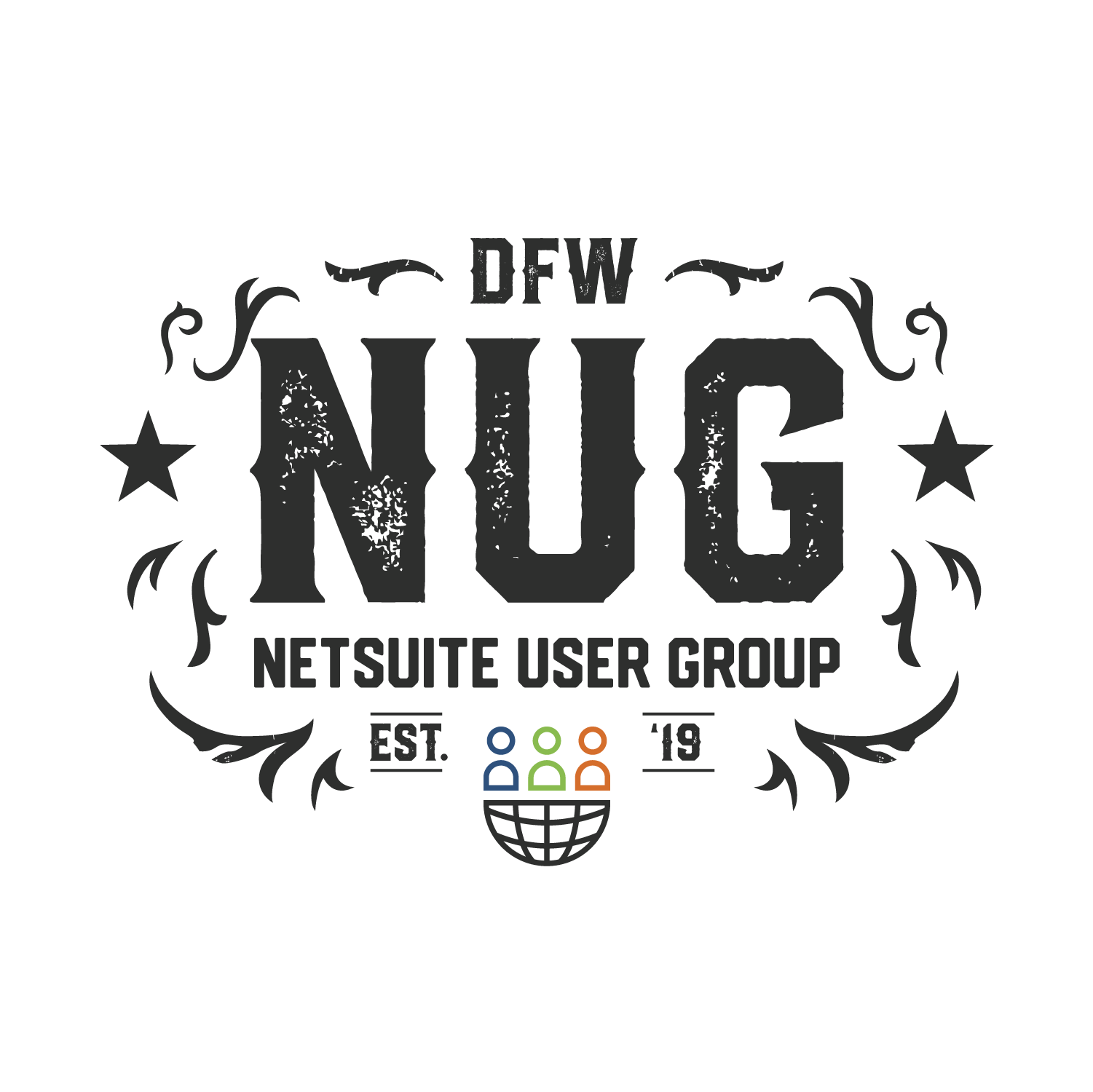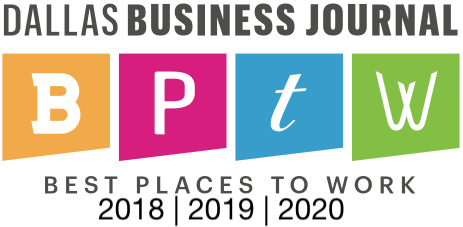One of our favorite sources of technology news and information is a leading IT research and analysis firm, Gartner Inc. Gartner is one the world's leading information technology research and advisory companies that aims to deliver the technology-related insight necessary for business professionals to make knowledge based decisions. Because this firm reports on all things IT related, cloud computing is a common topic in much of Gartner’s research. Gartner recently published an interesting article predicting cloud computing and hybrid IT will drive IT models of the future.
In this report, Gartner states, “Cloud computing continues to evolve, with new technologies emerging to support the dynamic creation of cloud services. IT departments in large enterprises should play the role of IT as a service broker, and train staffs to manage cloud provider relationships.”
According to Gartner, cloud computing is an important and disruptive long-term force in the industry, with a significant potential for impact on every aspect of IT, the business and how users access applications, information and business services. Gartner analysts also feel that cloud computing is transitioning from an isolated project based model to a central IT strategy, and most organizations now assume that cloud computing, in some form, will become the norm in business operations.
Gartner also expects the cloud to offer significant potential advantages in delivering “greater business and IT agility, more rapid access to application enhancements, innovative new cloud-optimized applications, and a shift to operational costs and lower costs in some instances.” Gartner estimates that total spending on cloud services will continually increase over the next few years to $210 billion in 2016.
Below is a great breakdown of the impacts of current and future cloud computing trends and Gartner’s recommendations based on these predicted impacts.
Impacts
- The need to deal with hybrid environments gives rise to hybrid IT process models and the positioning of IT as a service broker (ITaaSB).
- As the use of multiple cloud services increases, enterprises should look to cloud service brokerages (CSBs) to facilitate consumption as part of an overall hybrid IT strategy.
- As cloud computing matures, IT departments will need to establish a more strategic approach to IT operations and service management.
- Dynamic infrastructure requirements make software-defined networking (SDN) a critical component of private cloud development and external service consumption.
Recommendations
- IT departments in large enterprises should become ITaaSBs for their organizations.
- Design private cloud services with a hybrid future in mind, and ensure that future integration and interoperability is possible.
- Evaluate third-party CSBs that can facilitate the consumption of cloud services.
- Train IT staff to enable them to manage cloud provider relationships and contracts.
- When there is sufficient value in the IT operations management (ITOM) functions embedded in the cloud management platform (CMP), replace superfluous ITOM tools.
- CMP vendors may represent potential lock-in, so select them carefully.
- Coordinate server, network and storage teams to maximize the benefits of a policy-driven, software-controlled data center.
If you have questions about cloud computing and what this technology can do for your organization, contact The Vested Group to schedule a demo today. The Vested Group has offices in Dallas, TX and Tampa, FL ready to serve all of your needs.



.png?width=351&name=Inc%205000%20w%20Dates%20(real).png)



